Self-Care for the Body
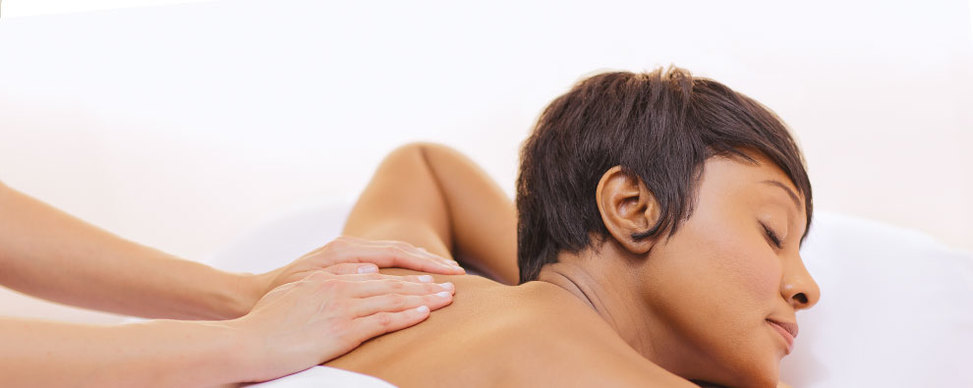

by Henri Matisse, 1919-20, Philadelphia Museum of Art (Image courtesy WikiArt)
In my last post I introduced you to Alice Domar’s wonderful book Self-Nurture: Learning to Care for Yourself as Effectively as You Care for Everyone Else. Domar encourages us to nurture ourselves in four areas: the body, mind, emotions, and spirit. Today, we will take a closer look at caring for our bodies.
“ln today’s frenetic world, men and women alike leave their bodies in the dusty trail of career pursuits, overbooked social schedules, and family responsibilities,” Domar explains. “Few of us carve out enough time to attend to the body with exercise, massage, and body-based relaxation, so at the end of the days filled with ideas, plans, worries, and obligations, we often feel disconnected — more heads than bodies. No wonder we’re exhausted; not only do we do too much, we think too much, and our bodies cry out when we neglect them.”
Does this sound familiar? If so, here are some of Domar’s specific suggestions for taking better care of your physical being …

1. Practice deep, diaphragmatic breathing
As Domar explains, many of us do not breathe properly. “By holding our stomachs tight, we prevent our diaphragms from freely descending as air moves into the lungs. With the diaphragm stuck in place … we don’t get sufficient oxygen exchange …. We are thus robbed of energy and trapped in a vicious cycle of shallow breathing and chronic anxiety, which further saps our energy, health, and sexual vitality ….”
“You can escape the tyranny of shallow breathing by consciously shifting to deep abdominal breathing, with marked improvements in your mental and physical well-being.”
So take a deep breath. Consider setting an alarm on your phone or computer to remind you to stop, relax, and breathe from the stomach.

2. Develop a regular practice of relaxation
Our bodies are not our enemies, though often we treat them that way. Practicing relaxation reminds us that our bodies can be a source of comfort and delight.
Here are a few relaxation techniques to try…
* Do a regular body scan
“Focus lovingly on each body part, from head to toe,” Domar says, “as you breathe deeply and relax tensions in your scalp, around the eyes, in your jaw, neck, shoulders, chest, arms, belly, pelvis, legs, and feet. To the best of your ability, bring a gentle awareness and nurturing energy to this process.”
In this video Dr. Elisha Goldstein walks you through a 5-minute body scan practice.
* Try progressive muscle relaxation
According to Domar, progressive muscle relaxation (PMR) is a good technique for those who suffer from racing minds.
If you have headaches, backaches, a stiff neck, stomach-aches, dizziness, fatigue, nagging inflammations, and other chronic symptoms, “you may be holding stress in various muscle groups, and you may not even be aware of how much psychic tension you are carrying in your body,” Domar explains. “If this description resonates with you, consider a regular practice of PMR. The process of consciously tightening muscle groups in every bodily region will alert you to areas of constriction, which you can then release with a ‘letting go’ breath.”
You can practice PMR at night as you drift off to sleep or any time in the day when you need to relax. Start with your toes and feet. Clench them as tightly as you can. Hold this pose a few seconds, then release. Next move up to the lower legs and repeat: clenching, holding, releasing. Slowly move up your body, repeating this technique with your thighs, pelvis, stomach, chest, hands, arms, neck, etc.

3. Take delight in the sensual and sexual pleasures of the body
As Domar details, “many women forget their bodies and their sensual capabilities when their whole orientation is duty and responsibility: meeting the demands of their jobs, kids, husbands, parents, friends. Under these circumstances, sexuality ‘goes south,’ to quote comedian Richard Lewis. Women’s orientation toward meeting others’ needs, and the energy drain of daily demands, work together to blunt their sexual interest.”
Mindful sex is the perfect remedy. Domar recommends that you “proceed with lovemaking with exquisite slowness and intentionality. Let all your senses come into play attending to every touch, site, and smell. Remember to breathe.”
It is also important to change your sex schedule now and then, and to plan time alone with your partner, even if you have children.
Too often we allow feelings of shame to creep into the bedroom. There is nothing wrong with expressing your needs in bed. Learn to ask for what you want.
And if you are single or if your sexual relationship with your partner is complicated by addiction, explore self-pleasuring.

4. Develop a sane, balanced, non-shame-based relationship with food
Food is like sex: too often we slip into autopilot mode. The remedy is mindfulness, as Domar describes:
“Compulsive eating, spurred by misery rather than hunger, is mindless eating …. Mindful eating requires us to take several long, slow, deep breaths before eating a meal or grabbing a snack. Then, we eat slowly and deliberately, with full attention to every taste sensation …. The problem with restrictive diets is that they rob us of the pleasures of eating, which are not only legitimate but self-nurturing! I strongly believe that women who reject the oppression of rigid diets while embracing the authentic pleasures of mindful eating will find their way to a balanced, shame-free relationship with food.”
Eat slowly and thoughtfully. Be conscious of what you put in your body. The next time you find yourself compulsively heading to the kitchen to soothe your anxiety, try one of the above relaxation techniques instead of gorging on potato chips or ice cream.

5. Develop health-promoting behaviors, such as stopping smoking, alcohol in moderation, and regular visits to the doctor for preventative care
When much of your energy is focused on caring for a loved one with an addiction problem, it is easy to ignore your own health.
Regular mammograms and gynecological examinations are a critical component of self-care. Perform breast self-examinations, know your genetic family’s medical history, and schedule an annual physical.
Also, seek out emotional support from friends, family, therapists, or individuals going through similar challenges, such as members of the AiR community.
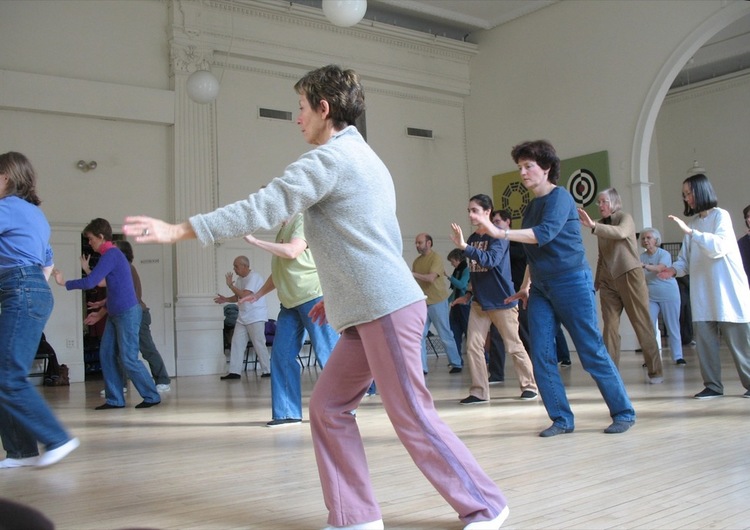
(Photo by Martha M via Compfight)
6. Use exercise as body nurture
“Just as many of us eat obsessively, some of us exercise obsessively,” explains Domar. ” That’s not to be confused with love of exercise …. But too many women guilt themselves into overexercising, resulting in fatigue and body injury.”
The health benefits of moderate exercise can’t be overstated. “It’s good for our metabolism, helping us maintain a healthy and comfortable body weight,” says Domar. “It’s good for our hearts, reducing cholesterol and blood pressure. It’s good for our immune systems, boosting natural killer cell activity. It’s even good for our brains, easing depression as effectively, in some studies, as powerful antidepressant medications.”
Mindful exercise is the perfect way to care for our bodies.
Try a slow, mindful walk, which is good for relaxation. You can also practice a “speeded-up version that is less deliberate and peaceful, but just as becalming and much more energizing.” Walk “rapidly but not frantically,” instructs Domar. Listen to your body: the heart beating faster, the quickening of the breath; the contractions and soreness in your muscles. “If you get lost in anxious or distracting thoughts, keep returning to a focus on your breathing.”
As Domar details, yoga, qi gong, and t’ai chi are types of movement meditation that can balance your vital energy. Consider taking a class or finding online resources that teach these useful techniques.
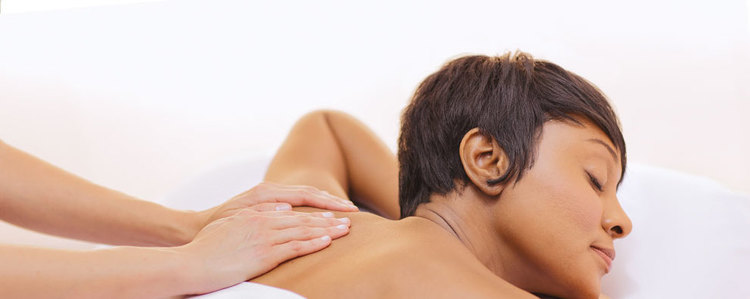
7. Finally, don’t forget to nurture the spirit within the body.
When mainstream magazines talk about “self-care,” this is often the kind of nurturing they are referring to. Treatments like massage, acupressure, hot baths, yoga, restorative facials, manicures, pedicures, reflexology, or reiki sessions are wonderful remedies for our exhausted bodies.
Remember it is not necessary to spend a lot of money by going to a salon or spa. If you are watching your budget, make time for hot baths, facials, and manicures at home.
Experimenting with new looks can also boost your self-confidence. Try a new hair style, lipstick color, shoes, sexy underwear, or sunglasses. Again, it is not necessary to break the bank (no matter what the latest beauty magazine tells you). Small pleasures like a new nail polish color or body lotion are inexpensive ways to treat yourself.
While massage and manicures are useful forms of self-care, remember they are not the only piece of the puzzle!

by Henri Matisse, 1923 , National Gallery of Art, Washington D.C. (Image courtesy biblioklept.com)
Journal Exercise
How well have you been caring for your body in recent weeks? Are there areas of physical self-care you have been neglecting?
When you fail to take care of your body, what happens? Are there specific signs that you need to slow down and nurture yourself physically (triggers like headaches, sore muscles, fatigue, upset stomach, etc.)? Record these observations in your journal.
Now choose one or two of Domar’s suggestions from the above list and commit to trying it for the next month. Write down your resolution in your journal.
Be sure to bookmark this post. The next time your body tells you it needs attention, return to this page for ideas on how you can nurture your physical self.
♦ Should you choose to purchase a book we have highlighted here in the Sanctuary, please know that your purchase will help support the AiR website













































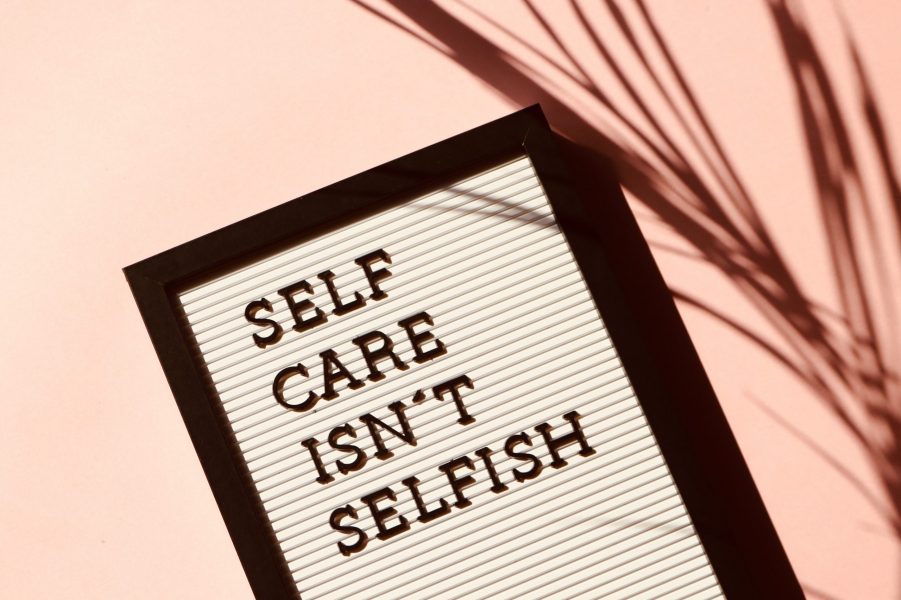

































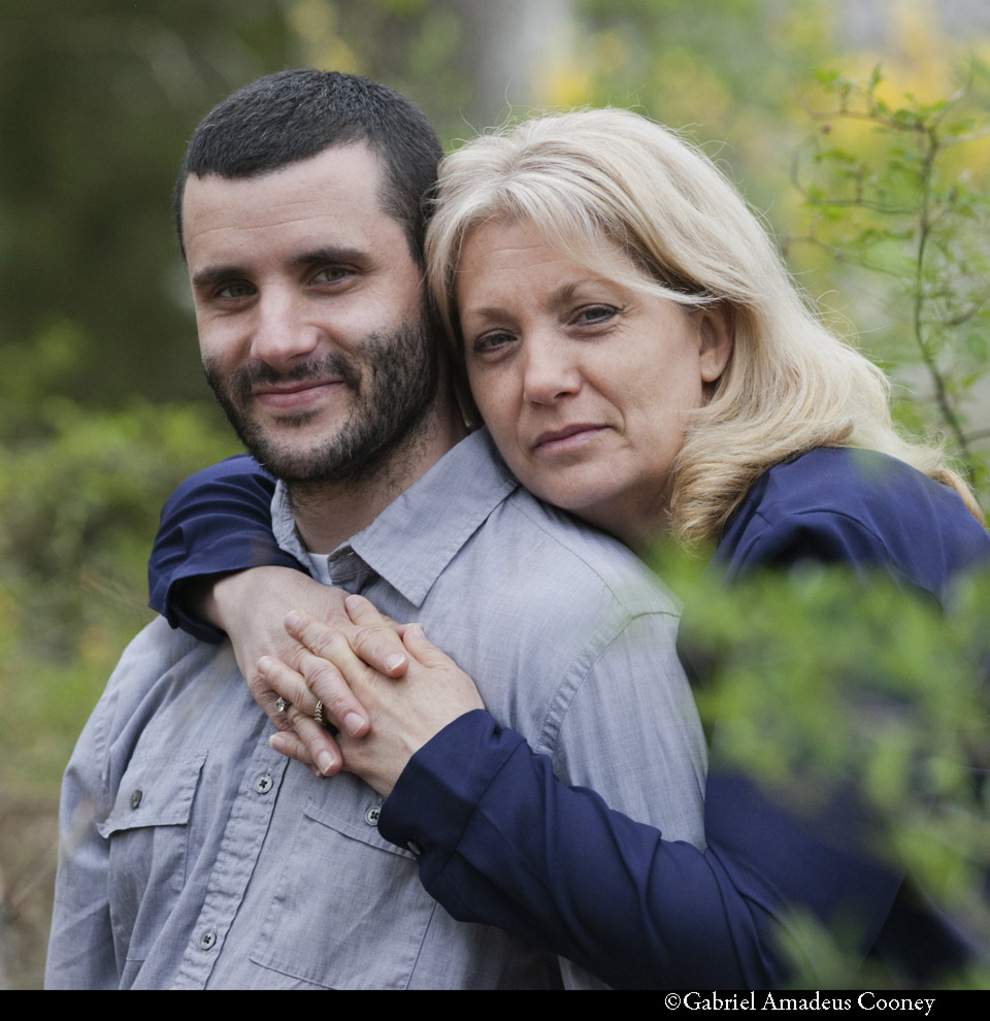









LEAVE A COMMENT / ASK A QUESTION
In your comments, please show respect for each other and do not give advice. Please consider that your choice of words has the power to reduce stigma and change opinions (ie, "person struggling with substance use" vs. "addict", "use" vs. "abuse"...)